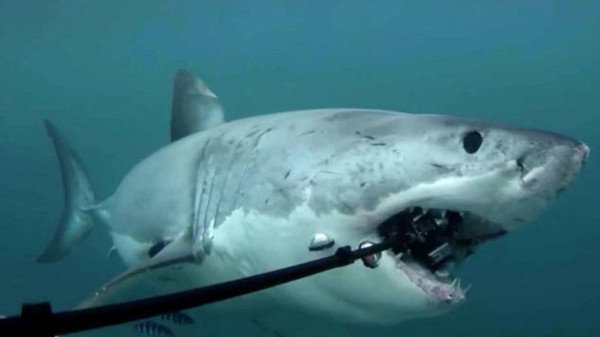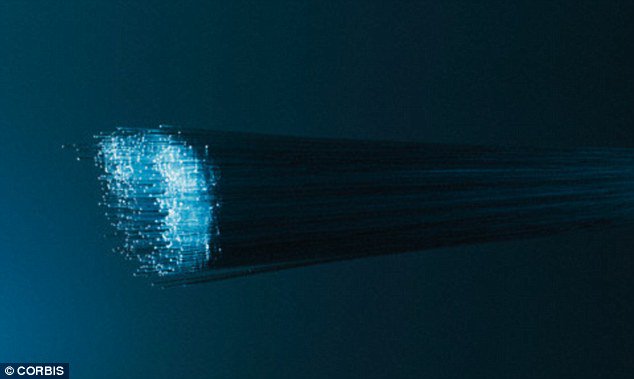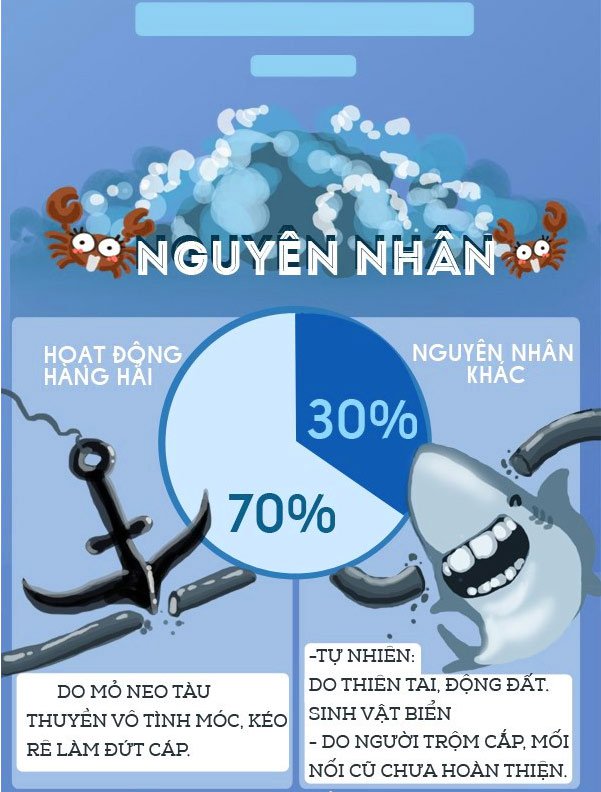Why do sharks like to bite sea cable?
Whenever the fiber optic cable fails, the network is slowed down, and you cannot access facebook, you immediately blame the shark. So, is it true that sharks bite off, causing marine fiber optic incidents? And why do sharks like to bite cables? Let's try to find out!
- AAG marine fiber optic cable has a fifth incident in 2017
- "Bored" prey in fresh water, crocodiles attack and eat shark meat
- Close up of the screen of devouring the prey of the "ocean killer"
Why is marine fiber optic cable problematic?
The fact that the AAG submarine cable incident has an impact on international Internet connection is probably no stranger to Vietnamese users. Broken fiber optic cables have many different causes, such as natural conditions, people, fishing vessels and also shark sharks.

It is true that sharks bite off fiber optic cables. Since 1985, scientists have discovered traces of shark teeth on a cable off the Canary Islands. People once went back to the scene of a shark struggling and trying to bite the fiber optic cable under the seabed.
Although sharks are not the main cause of marine fiber problems, but it is a fact that this predator is attracted to cables. Scientists have also conducted research to find out why the shark likes to bite fiber optic cables under the seabed.
Optical fiber cable is very long so to ensure the data transmission it needs to be provided with a very high voltage. And it is this voltage that creates a magnetic field about 50Hz around the length of the cable.

Sharks have the ability to sense from school to hunt. Therefore, they are often confused with the magnetic field emanating from the sea optical cable that is from prey and attack. Although fiber-optic cables that are bitten by sharks may not break apart, they still create holes that make seawater come into contact with copper pipes and cable cores. The current fed to the amplifier leaks out, making it impossible to amplify the light signal and greatly affect the data transmission.
However, Professor Chris Lowe, who specializes in shark research at California State University, said sharks are often biting at sea cable simply because they're curious. Sharks are like other animals like dogs and cats, when you take out a pipe or plastic object, they will want to grab it. Not because they think it is edible but just curious and playful.

But in fact, the rate of marine fiber cables is broken, having problems due to sharks is very low. Up to 70% of marine fiber optic breakdowns are caused by people with intentional actions to cut and steal marine optical cables or because of their clogged vessel operations and fiber optic cables.
You should read it
- ★ Why are marine optical cables constantly breaking?
- ★ APG fiber optic cable is having trouble, international traffic is reduced by 50%.
- ★ The progress of troubleshooting AAG and SMW-3 submarine cable was prolonged until the end of December
- ★ Will the global Internet be broken if all of the undersea cable lines are attacked?
- ★ AAG cable breakdown will be fixed on October 1